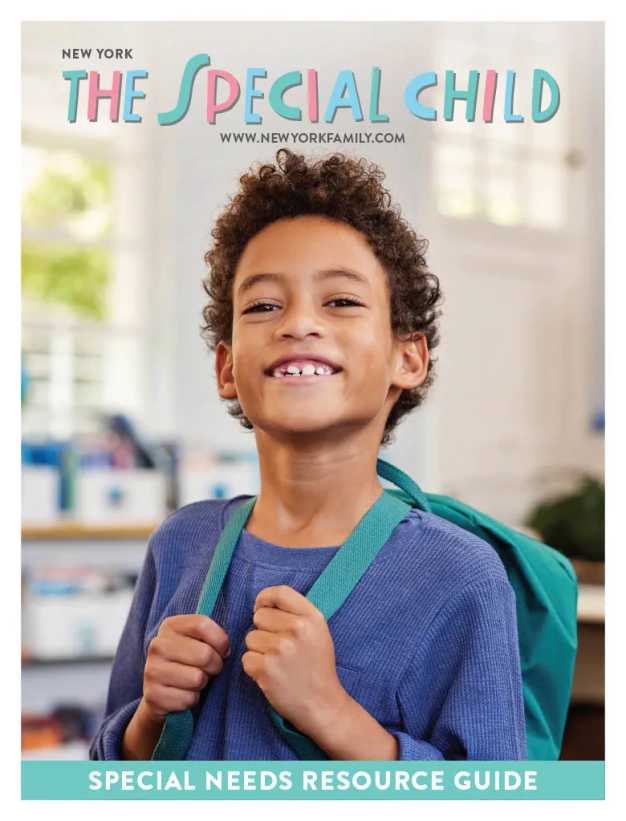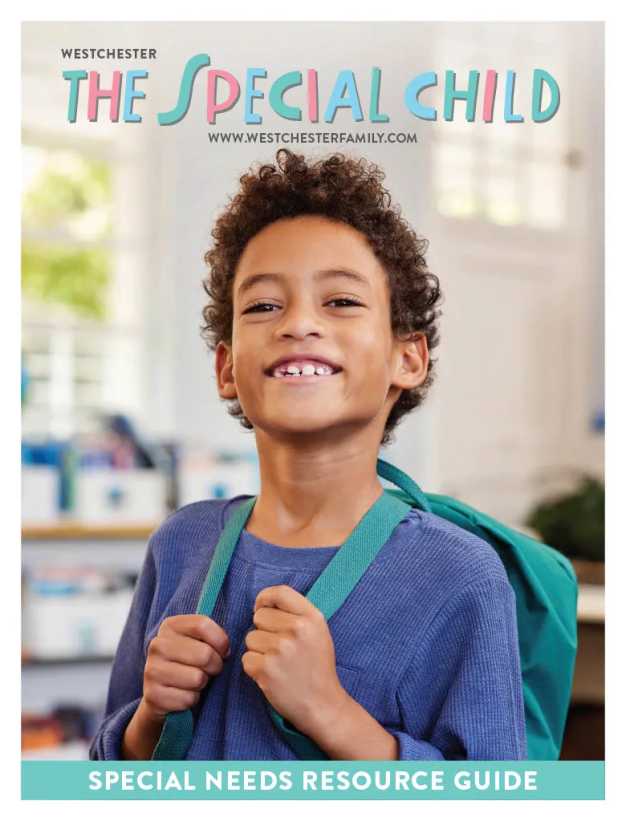Remain calm. That’s a lot harder than it sounds.
Since our little bundles of joy don’t come with instructions, we sometimes rely on other parents and relatives for a bit of advice. Which in turn creates more confusion and more questions.
As a child grows, parents have a tendency to compare their progeny’s milestones with the progress of other children, and if there are older siblings, against them as well. When those milestones are not met, the questions start: “What did I do wrong? Why my child? What can I do? Will Jimmy or Janey grow out of it? How will this affect my other children?”
The first step is to take your child to the pediatrician. Who better to answer all of your questions, when it comes to your child’s development? Hopefully your pediatrician is up on all the latest advances and techniques used to timely diagnose any and all problems. And if so, she will be able to make a diagnosis at the earliest opportunity.
If your child is diagnosed with having a disability, then what are the steps to take? Get educated. Seek the right specialists and start on the road to provide your child with the best possible treatment plans.
At this stage, parents are often left floundering in a sea of confusion. Information comes from all angles with differing opinions. So who do you trust and who has the best answers?
That is simple; help is here. Author Cindy Goldrich has provided a guide to help parents navigate the murky waters of diagnosing and parenting a child who has ADHD in her new book, “8 Keys to Parenting Children with ADHD.”
Goldrich, an ADHD coach and mental health counselor, has worked with parents, teachers, and service professionals to provide a clear and concise way to handle the everyday challenges facing parents and children with ADHD.
Her most important advice is to get educated. Learning is key to getting the help you need when you need it. Step one is outlined in the first chapter about how ADHD impacts behavior, academics, and social skills.
The other seven steps are—
• Create a calm environment. Goldrich imparts the importance of calm and why it matters. She says, “Without calm, no learning can take place.” And she also relates how important it is to “strike the right balance between ‘control’ and ‘controlling.’” For some, she adds, “Being calm is a tremendous challenge.” Goldrich provides the steps to create calm and achieve a calm home.
• Strengthen connections. How to create a deep, lasting connection, listen to the “song” your child is trying to sing, and offer encouragement.
• Cultivate good communication skills. This is the key to the road of cooperation, compliance, and positive action.
• Teach collaboration. Parents will learn to accept why the child with ADHD doesn’t “always do as they can, should, want, need, etc.” This chapter delves into the right combination of reward, motivation, and guidelines to teach the discipline needed to succeed.
• Be clear and consistent. Predictability really helps, especially with a child who has ADHD. Parents need to be consistent.
• Establish meaningful consequences. All children need to know the value and impact of consequences, especially as the child grows into the teen years. Goldrich provides the steps necessary for parents to lay down the foundation for their children to understand consequences.
• Choice. This is the greatest lesson of all, says Goldrich: “Choice is power. It means you can exercise free will, have an opportunity to impact the outcome, and have the responsibility.”
This book is an important acquisition for any parent who has a child with ADHD, and it offers invaluable assistance, information, and instructions on how to raise a happy, healthy child.
“8 Keys to Parenting Children with ADHD,” by Cindy Goldrich, 204 Pages, WW Norton & Company, $19.95.













